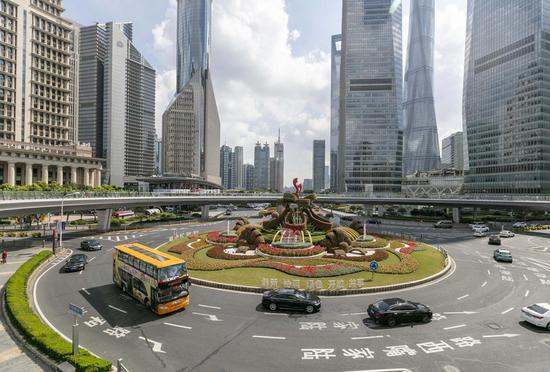
Photo taken on Sept. 30, 2020 shows the street view of the Lujiazui area of Pudong, east China's Shanghai. (Xinhua/Wang Xiang)
As a firm practitioner of financial opening-up, China has made its propositions on widening its opening-up amid closer regional financial cooperation in Asia to promote sustainable economic recovery of the region.
Speaking at the Asian financial summit forum recently, Zhou Liang, vice chairman of the China Banking and Insurance Regulatory Commission, has expounded on the importance and the measures of enhancing regional financial cooperation as well as China's future move to deepen financial opening-up.
-- Why is closer regional financial cooperation needed in Asia?
As economic cooperation in Asia entered a new stage, the region has seen trade and investment booms, adjustments of production layout as well as transformation and integration of industrial and supply chains.
All these advances need financing support, thus requiring the establishment of a high-quality regional financial service network.
Meanwhile, the rapid upgrade of new forms and products of the financial sector has changed the operation modes and types of risks in the financial market, which requires Asian countries to optimize the regional regulation system through joint efforts.
Since cross-border capital flows are prone to financial risks, Asian economies, with different recovery speeds, different financial market maturities, and varied capacities to tackle external shocks, should ramp up cooperation to ensure their financial security and stability.
-- How to strengthen regional financial cooperation?
To promote the healthy operation of the industrial chain, financial institutions should be encouraged to take an active part in cross-border businesses, including supply chain and trade finance, and mergers and acquisitions, so as to break through bottlenecks in the regional economic cycle.
Financial instruments should be given full play in risk hedging and mitigation, while resource and risk sharing should be enhanced to increase the resilience of the industrial chain.
Faced with the challenge of climate change, Asian economies should support low-carbon and green development by expanding green credit, insurance, bonds and funds; accelerate the integration of regional carbon finance market, and increase investment in the green economy.
With the aim of promoting shared development, more financial resources should be pooled to support the global fight against COVID-19, quicker digital transformation should be enhanced with the help of fintech, and the inclusiveness and accessibility of financial services should be improved.
In terms of policy, Asian economies are expected to join each other in setting regional financial regulations and standards and mechanisms for preventing and controlling cross-border financial risks.
-- What is China's two-way financial opening-up about?
In the next stage, China will firmly and prudently advance the two-way opening-up of the financial sector by introducing high-quality foreign investment into the country while supporting Chinese institutions to invest overseas.
Adhering to the principle of equal treatment for domestic and foreign investments, the country will actively introduce foreign institutions with professional strengths to the Chinese market to create a more open and win-win financial system.
It will also steadily encourage Chinese institutions to expand overseas businesses, optimize business layout in the countries along the Belt and Road, and actively participate in international financial cooperation.
China is committed to fully implementing the pre-establishment national treatment plus a negative list system, and building a market-oriented, law-based and internationalized business environment.








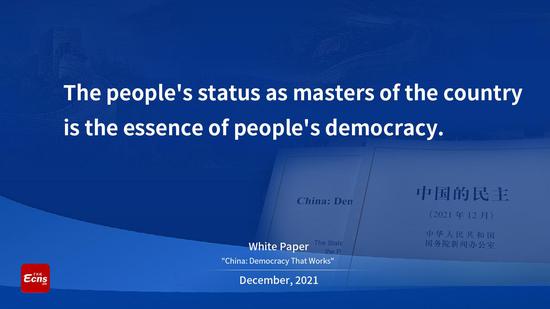





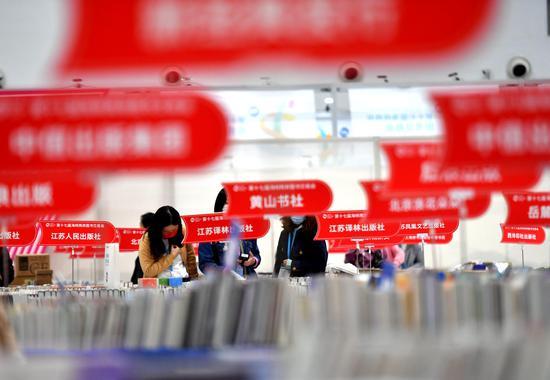



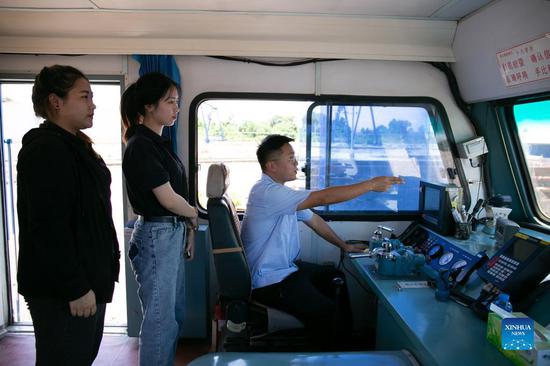
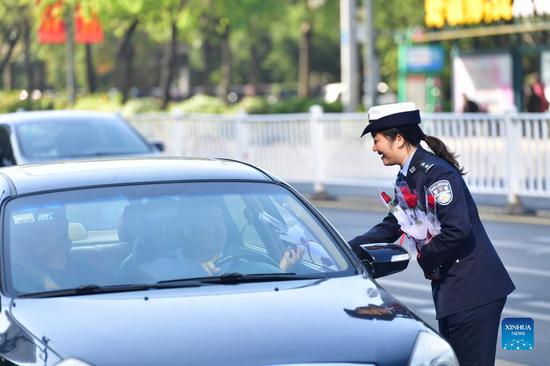


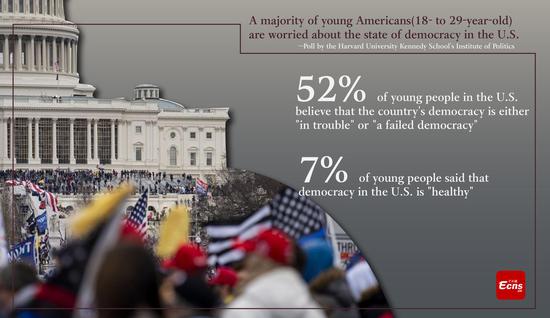




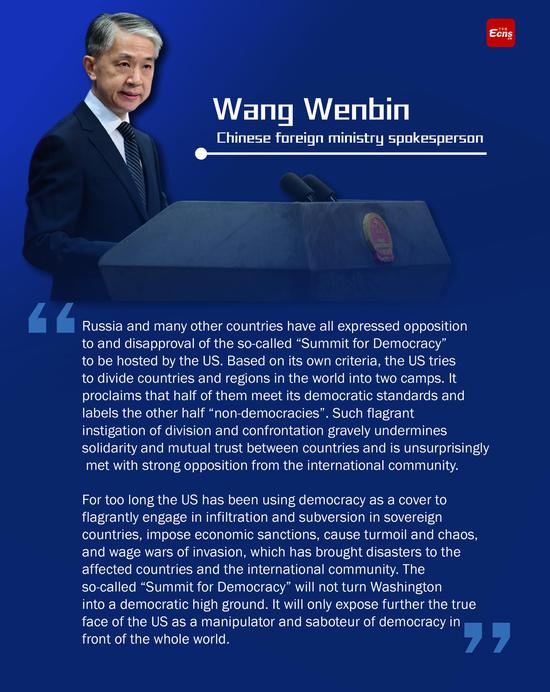



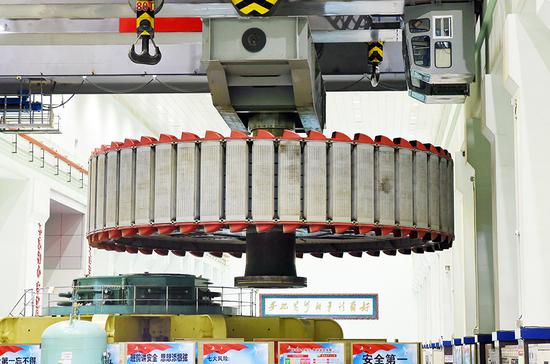

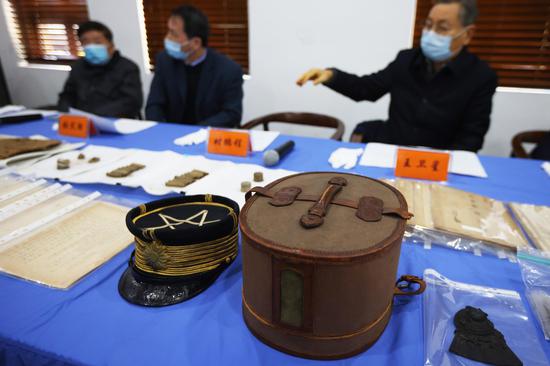

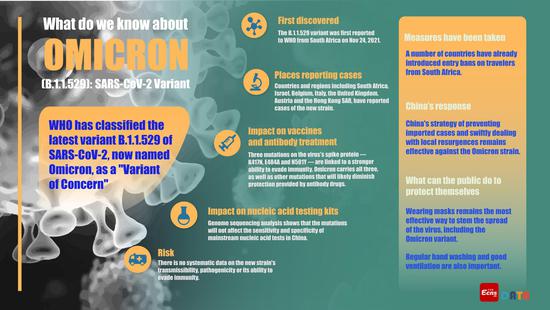

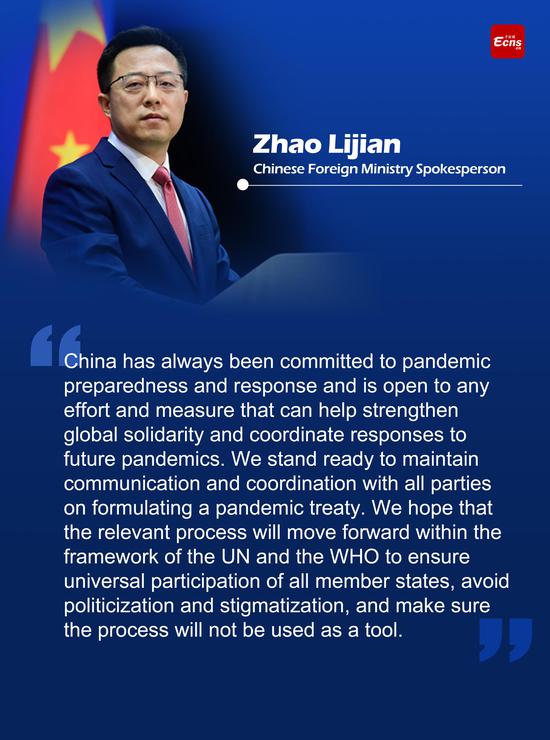






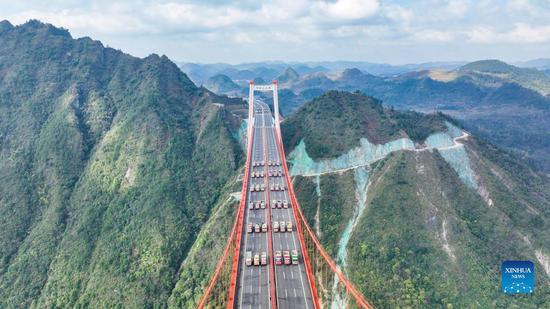





 京公网安备 11010202009201号
京公网安备 11010202009201号